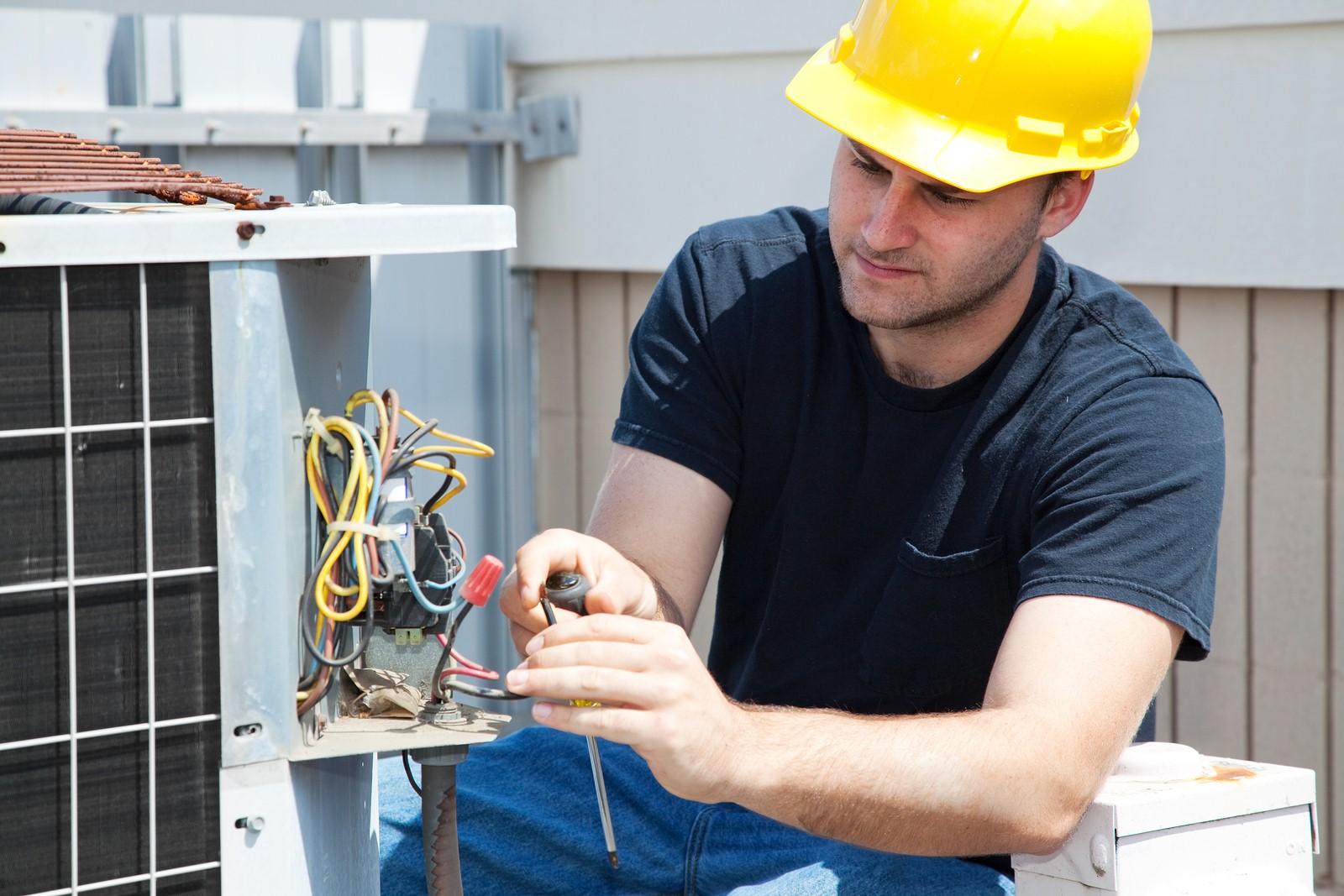The lifespan of an HVAC (Heating, Ventilation, and Air Conditioning) system can range depending on several components, together with the type of system, how properly it is maintained, and the standard of the unique installation. Here are some general guidelines on how usually you may need to exchange your HVAC system:
Furnace: The common lifespan of a gasoline or electrical furnace is often round 15-20 years. With https://coyotecountry-hvac.com/ , a furnace can last longer, but it may become much less energy-efficient as it ages.
Air Conditioner: Air conditioning models sometimes have an analogous lifespan to furnaces, round 15-20 years. Regular upkeep might help extend the life of your AC system.
Heat Pump: Heat pumps can last between 10 and 15 years. Their lifespan may be influenced by factors like local weather and the way usually they switch between heating and cooling modes.
Boiler: Boiler methods are recognized for their sturdiness, and so they can final anywhere from 20 to 35 years with correct maintenance. High-quality boilers tend to have longer lifespans.
Ductless Mini-Split Systems: Ductless mini-split techniques can final 10-20 years or extra. The high quality of the system and regular upkeep can have an result on its longevity.

It's essential to notice that these are rough estimates, and the precise lifespan of your HVAC system could differ. To maximize the life of your HVAC system and guarantee it runs efficiently, regular maintenance is essential. Annual or biannual check-ups by a professional HVAC technician can help determine and address issues earlier than they become main issues.
When contemplating whether to replace your HVAC system, several factors come into play:
Energy Efficiency: Newer HVAC techniques are often extra energy-efficient, which may result in lower utility bills. Replacing an older, less efficient system with a more moderen one can end result in cost savings over time.
Frequent Repairs: If your system requires frequent and costly repairs, it may be more cost-effective to switch it, particularly if it's nearing the top of its expected lifespan.
Improved Comfort and Features: Newer HVAC methods may supply better temperature management, improved indoor air high quality, and advanced options like smart thermostats and zoning capabilities, enhancing your general comfort and convenience.
Environmental Considerations: Older HVAC methods may use refrigerants or applied sciences which might be less environmentally friendly. Upgrading to a more eco-friendly system can be an ethical alternative.
Home Renovations or Additions: If you are expanding your home or present process main renovations, you could need to replace or upgrade your HVAC system to accommodate the elevated heating and cooling needs.
When considering a alternative, it's advisable to seek the advice of with an HVAC skilled who can assess your present system's situation, your particular wants, and supply recommendations primarily based in your price range and long-term goals. Replacing an HVAC system is a major funding, but it can lead to improved comfort, energy savings, and peace of mind..
